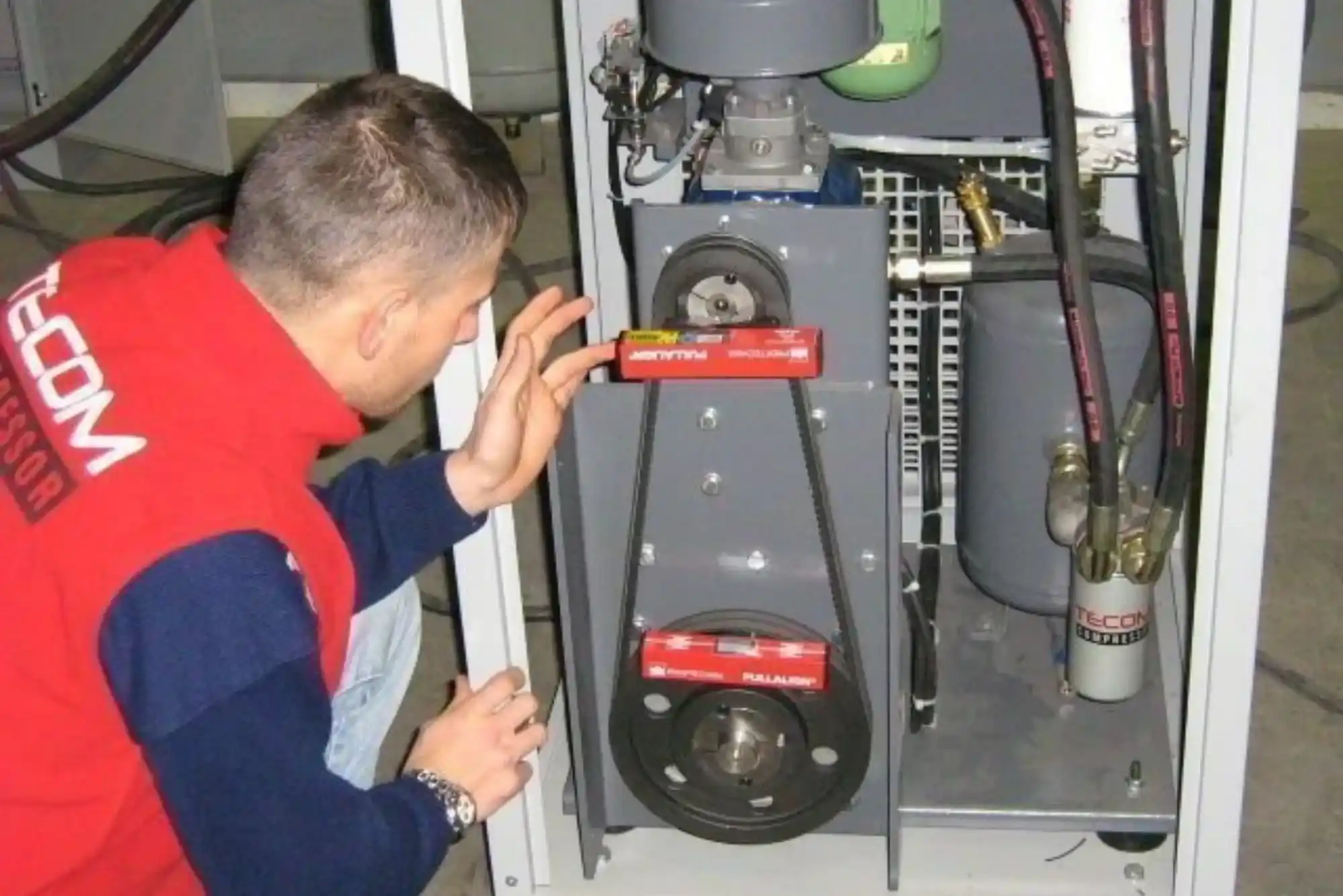A recession can be a challenging time for both individuals and the economy. With increased unemployment, rising costs, and economic uncertainty, many people question whether it’s the right time to make large financial decisions, such as buying a house. If you find yourself asking, Should I buy a house during a recession? This article is for you. We will explore the pros and cons of purchasing property during economic downturns, how to approach real estate investments in uncertain times, and the role of financial tools like the HSBC Select credit card and abdiaead swift code in managing your finances during such periods.
The Impact of a Recession on the Housing Market
During a recession, the housing market often experiences a shift. There can be both advantages and disadvantages for potential homebuyers. Understanding how the market behaves during economic downturns can help you make a more informed decision.
1. Potential Benefits of Buying During a Recession
While a recession may seem like a risky time to make a large financial commitment, there can be significant advantages for homebuyers:
A. Lower Home Prices
Historically, during recessions, home prices tend to drop due to decreased demand. With fewer buyers in the market, sellers may be more willing to negotiate, potentially lowering the asking price. For homebuyers, this can mean more affordable options, especially if you’re purchasing a property in a distressed area or a market that has seen a slowdown.
B. Lower Interest Rates
To stimulate the economy, central banks often lower interest rates during a recession. This can result in lower mortgage rates, making it cheaper to borrow money for a home. Lower interest rates mean you’ll pay less in interest over the life of your mortgage, which can lead to substantial savings, especially if you lock in a low rate.
2. Risks of Buying a House During a Recession
While there are benefits, there are also risks associated with purchasing a home during a recession:
A. Job Security Concerns
One of the biggest risks of buying a house during a recession is the uncertainty of your job security. If you are in an industry that is heavily impacted by economic downturns, such as retail or manufacturing, you may want to wait until the economy stabilizes before making a major financial commitment. The last thing you want is to have a mortgage payment that you cannot afford due to job loss or reduced income.
B. Market Uncertainty
A recession often creates uncertainty in the real estate market. While home prices may be lower, the future value of the property can be hard to predict. If the recession leads to a prolonged period of economic stagnation, you could find that your home’s value decreases further, making it harder to sell if you need to move in the future.
C. Tighter Lending Criteria
During a recession, banks and lenders may tighten their lending standards. This means it could be harder to qualify for a mortgage, especially if you have less-than-perfect credit or a smaller down payment. Lenders are more cautious about who they lend to during uncertain times, and you may face higher scrutiny or higher interest rates even if market rates are low.
HSBC Select Credit Card
Navigating a home purchase during a recession can be tricky, especially when you have additional expenses, such as closing costs, repairs, or moving fees. Using an HSBC Select credit card can provide financial flexibility to cover these costs. The HSBC Select credit card offers various benefits, such as cashback, rewards, and promotional interest rates that could help you manage your expenses during this time.
If you need to finance smaller expenses during your home buying process—such as renovations or buying new furniture—an HSBC Select credit card could be a helpful tool to smooth the transition. The flexibility in payment options and rewards can help offset costs during the home buying and moving process.
How to Approach Buying a House During a Recession
If you’ve decided to move forward with purchasing a home during a recession, it’s essential to take a careful and strategic approach to mitigate the risks involved.
1. Evaluate Your Financial Stability
Before making any decisions, evaluate your financial situation. Consider your job security, your savings, and your ability to make monthly mortgage payments even if the economy worsens. If you have a stable income and sufficient savings for both the down payment and emergency expenses, purchasing a home during a recession may be a sound financial decision.
2. Choose a Property That Fits Your Budget
It’s critical to stick to a budget that you can comfortably afford, even if the economy is uncertain. While a lower home price may be tempting, ensure that the monthly mortgage payment, property taxes, and insurance fit within your current and potential future income. Remember, your mortgage should not strain your finances, especially in a volatile economic environment.
3. Consider the Long-Term Perspective
A recession is typically a temporary economic situation. If you’re planning on staying in the property for many years, the short-term economic downturn may not significantly affect you. Real estate generally appreciates over time, and while you may face initial market challenges, your investment could pay off in the long run.
However, if you plan to sell the property soon after purchase, the economic conditions may affect your ability to get a good return. Take this into account when deciding whether to purchase or hold off until the market recovers.
Abdiaead Swift Code
For international transactions related to the purchase of a home—such as transferring funds from abroad to cover a down payment or other costs—understanding the abdiaead swift code can be crucial. If you are transferring funds internationally for a property purchase, using the correct swift code ensures that the transaction is processed smoothly and securely.
Whether you are sending money from abroad for your mortgage, home-related repairs, or other expenses, understanding how to use the abdiaead swift code will guarantee that your money arrives safely and promptly. Knowing the correct swift code also helps avoid delays or errors in international transfers, ensuring that your home buying process remains on track.
Conclusion: Should You Buy a House During a Recession?
The decision to buy a house during a recession depends on your individual financial situation and your long-term goals. While lower home prices and mortgage rates can offer significant benefits, it’s crucial to assess the risks, such as job security concerns, potential market fluctuations, and tighter lending criteria. If you choose to proceed, carefully evaluate your financial stability, stick to a budget, and be prepared for the long-term investment.
If you need assistance with your purchase, financial tools like the HSBC Select credit card and the abdiaead swift code can help with managing funds and securing financing during this time of uncertainty. Ultimately, buying a home during a recession can be a smart move if you’re financially prepared and plan for the long-term stability of your investment.













